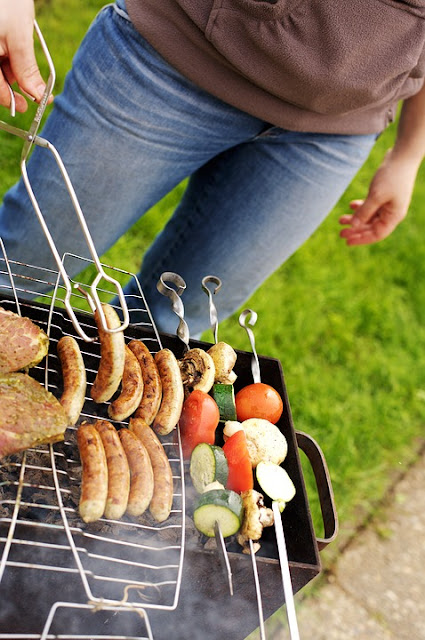5/26/2017
Since the dawn of the human race, people have turned to the earth to heal their illnesses, injuries and woes. It is only of late that we find resistance to using certain plants, or plant-based remedies because of the fear of the side effects or lasting impacts of the plants and organics. A field of botany has emerged called ethnobotanicals, which focuses on the study of medical applications, religious beliefs and cultural uses of certain plants and trees. Ironically, most of the plants studied for ethnobotanical reasons are not positive.
What Are Common Ethnobotanicals?
The most popular and well-known ethnobotanical is cannabis. Everyone has heard of it and everyone knows someone who has engaged in the use of cannabis. There are countless scientists and medical professionals studying the effects and impacts of cannabis for both positive and negative uses. Another ethnobotanical that is less common now, but was common several years ago is called Ergot Rye - which is used in synthetic manufacturing in LSD. A third common type of Ethnobotanical, which is on the verge of extinction in countries like Thailand is Kratom; this tree-based botanical is used to create Kratom powder which is used in herbal medicines and more.
Image Source
Are you someone who needs a cup of coffee to help you through the day? Do you love nothing more than a trip to Starbucks for your favorite flavored latte? If so, the good news is that there are plenty of reasons why you should drink coffee! Read on to discover the many benefits associated with everyone’s favorite mom’s most loved drink.
Running a car can be expensive, especially if you are young. However, for most of us, it is a necessity. This does not mean that you simply have to accept the costly bills you are running up every month, though. There are actually a number of different ways that you can save money on your vehicle expenditure, as you will discover below.
- Check tyre pressure regularly - It does not take long to check tyre pressure. Spare a mere five minutes every two weeks to ensure that your tyres have the right pressure. If you aren’t sure what the right pressure for your tyres is, you should be able to find the figures near the lock inside the driver’s door. Why is this important? Well, your car will need more fuel to move down the road if the tyre pressure is too low.
- Choose your vehicle wisely in the first place - A Mazda cx-5 and a Mercedes-AMG are going to have very different running costs. This is why it is so important to do your research in the first place to ensure that you buy a fuel efficient vehicle that is not going to cost a fortune to run.
- Turn the air-conditioning off - It can be very tempting to leave your air-conditioning on all the time. After all, it keeps the vehicle cool and comfortable during the summer, and throughout the winter it stops the windows from misting up. However, your air-con will use quite a lot of fuel, so it is best to keep it off.
- Accelerate smoothly - The ideal way to travel is in the highest gear, i.e. five or six, and at a constant speed. This means that the most patient drivers are the ones that are going to have a lower fuel bill. Of course, it is virtually impossible to go about your daily life without overtaking drivers at some point, but you should avoid overtaking simply for the sake of it. What’s better - a bit of instant gratification or a much cheaper fuel bill?
- Don’t drive during rush hour - No one wants to spend their time stuck in a traffic jam; not only is it exceptionally boring, but it is an expensive way to travel. Instead, it is a good idea to get to work a bit earlier and leave a bit later in order to avoid the traffic. Your car will use a huge amount of fuel every time your car stops and starts.
- Don’t avoid insurance - No matter how expensive insurance is, you need it. Don’t cut corners with an inadequate insurance plan or by avoiding a policy altogether. You will find yourself with a massive financial emergency on your hands if you end up in a crash.
- Stop idling - Last but not least, quite idling. If you have parked somewhere and you are waiting for someone, turn the engine off. Restarting your vehicle only takes about ten seconds worth of fuel, but idling can use a quarter to half-gallon of fuel each hour.









